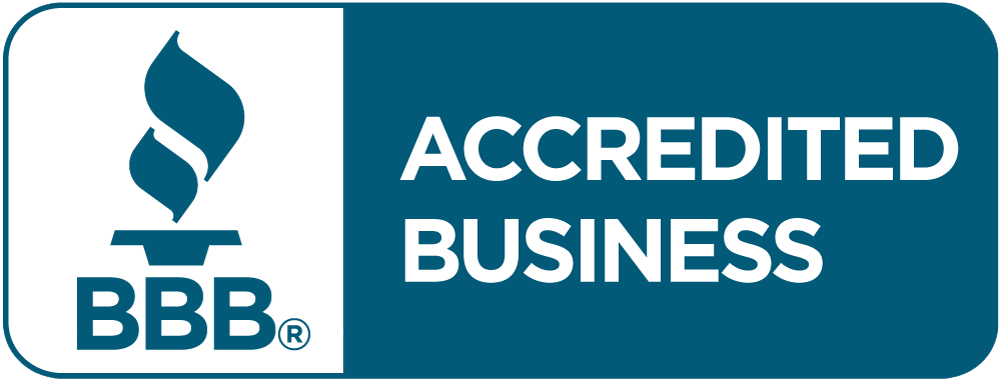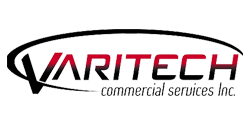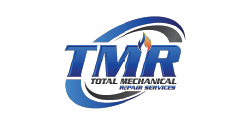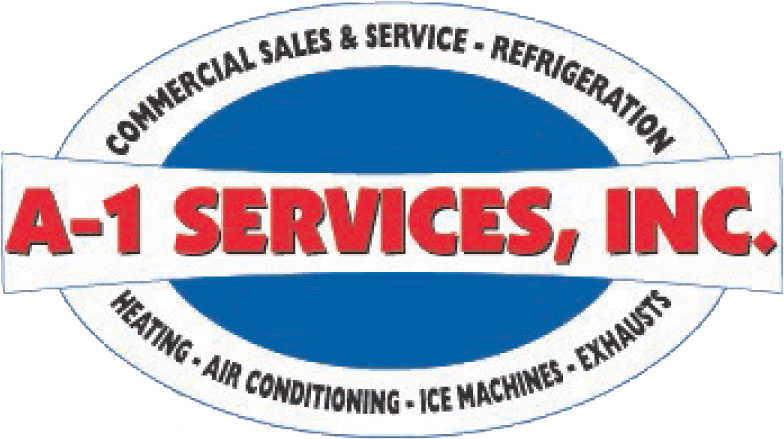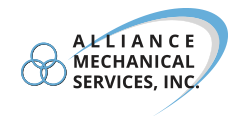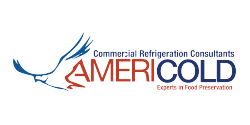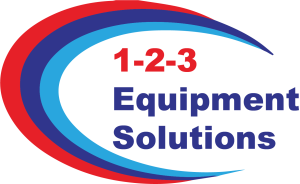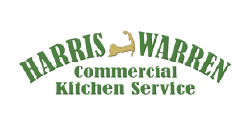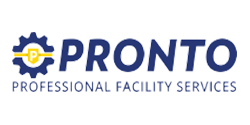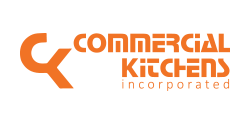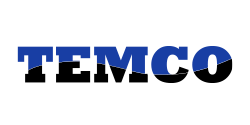Tech24’s Guide to Acing Health Department Inspections: Equipment Preparation for a Compliant Kitchen

Maintaining a clean and well-functioning kitchen in the foodservice industry is not just good practice — it’s a regulatory requirement. Foodservice health department inspections can be a nerve-wracking experience for any restaurant or food establishment, but with preparation, it can be an opportunity to showcase your commitment to food safety. Preparing essential kitchen equipment is key in passing the inspection with flying colors.
Explore this guide to ensure your kitchen equipment is ready for a health department inspection with the expert guidance of Tech24.
Understanding foodservice health department regulations
Health department regulations involve various aspects of a foodservice operation, including the equipment used in the kitchen. Equipment-related violations range from cleanliness issues to malfunctioning components. Failing to meet these standards can result in severe consequences, such as fines, temporary closures or even permanent shutdowns. It is imperative for foodservice operators to well understand regulations and take proactive measures to address and correct potential violations.
The first step in preparing for a health department inspection is establishing a routine maintenance schedule for kitchen equipment. Regular maintenance ensures the longevity of your equipment and helps prevent unexpected breakdowns that can lead to compliance issues.
Pre-inspection preparation
Checklist
Creating a comprehensive checklist is essential in preparing for a health department inspection. The list should outline all equipment to be inspected and the documentation that must be readily available. This documentation may include maintenance records, calibration certificates and proof of staff training in equipment hygiene and safety protocols.
Cleaning
Ensuring cleanliness is fundamental when preparing equipment. Grease, grime and food particles can collect in hard-to-reach places, creating a breeding ground for bacteria and contaminants. Proper cleaning techniques tailored to specific equipment, such as grills, ovens and stovetops, should be followed diligently. A spotless kitchen prevents health violations and enhances the overall efficiency and longevity of the equipment.
Maintenance
Promptly identifying and addressing equipment issues can prevent potential violations. A regular maintenance schedule ensures all equipment is in optimal working condition, reducing the risk of unexpected malfunctions during inspections.
Training staff
Staff awareness is indispensable during a health department inspection. Each team member should know their roles and responsibilities in maintaining equipment hygiene and safety. Regular training sessions can empower staff to identify and report potential issues, contributing to a smoother inspection process.
Equipment-specific preparation
Different types of equipment require specific preparations to meet health department standards.
Cooking equipment
Grills, ovens and stovetops are essential components in any kitchen. To ensure compliance, it is necessary to go beyond surface cleanliness. Thorough cleaning should extend to the hidden nooks and crannies where grease and food particles accumulate.
Apart from cleanliness, the calibration of thermometers is also essential. Regular calibration guarantees temperature readings are accurate — a critical factor in food safety. An oven that operates at the wrong temperature can jeopardize cooked dishes, leading to potential violations during an inspection. By incorporating a systematic calibration routine into pre-inspection preparations, foodservice operators can bolster their defense against temperature-related violations.
Refrigeration units
Refrigeration units are vital for preserving perishable goods, and their proper functioning is indispensable for maintaining food safety. In addition to adhering to routine cleaning and sanitizing procedures, extra attention must be devoted to temperature control. Refrigerators and freezers must consistently maintain the recommended temperatures to prevent bacterial growth and ensure the freshness and safety of stored items.
Regular checks should encompass the overall temperature and the functionality of components like gaskets and condenser coils. Establishing a proactive maintenance routine allows operators to address issues promptly, preventing potential violations during inspections. When treating refrigeration units as more than storage spaces and actively monitoring their performance, operators can safeguard their inventory and compliance status.
Dishwashing equipment
Dishwashing equipment, often relegated to the background, plays a role in maintaining hygiene standards. Regular cleaning and maintenance of dishwashers is essential to prevent the buildup of grease, soap scum and debris that can compromise sanitation. The water temperature in dishwashers should be monitored closely, as it directly affects the effectiveness of the cleaning process.
Ensuring proper sanitation in this area prevents cross-contamination and improves overall kitchen hygiene. A well-maintained dishwasher contributes to the cleanliness of utensils and equipment, indirectly impacting the safety of the food preparation process. Incorporating specific cleaning and maintenance tasks for dishwashing equipment into the pre-inspection checklist reinforces kitchen cleanliness and hygiene.
By tailoring preparations to the unique demands of each piece of equipment, foodservice operators can minimize the chance of potential health department violations. Beyond meeting regulatory standards, this approach contributes to the efficiency, safety and overall success of the foodservice establishment.
Inspection day
On inspection day, perform final equipment checks to ensure everything is in optimal condition. Assign specific responsibilities to staff members to streamline the process. When meeting the health inspector, remain cooperative and transparent, providing all necessary documentation and answering questions.
By understanding and adhering to regulations, creating thorough checklists, ensuring cleanliness, conducting regular maintenance, training staff and implementing equipment-specific preparations, foodservice operators can significantly enhance their chances of passing inspections successfully.
With Tech24 as your partner in food equipment maintenance, you can be confident knowing your kitchen equipment is well-maintained, thoroughly cleaned and ready to meet the highest standards of compliance. Invest in the success of your establishment by partnering with Tech24 — because when it comes to preparing for a health department inspection, success starts in the kitchen.



